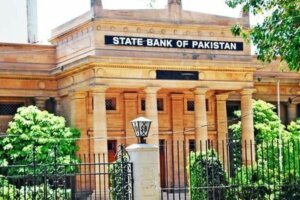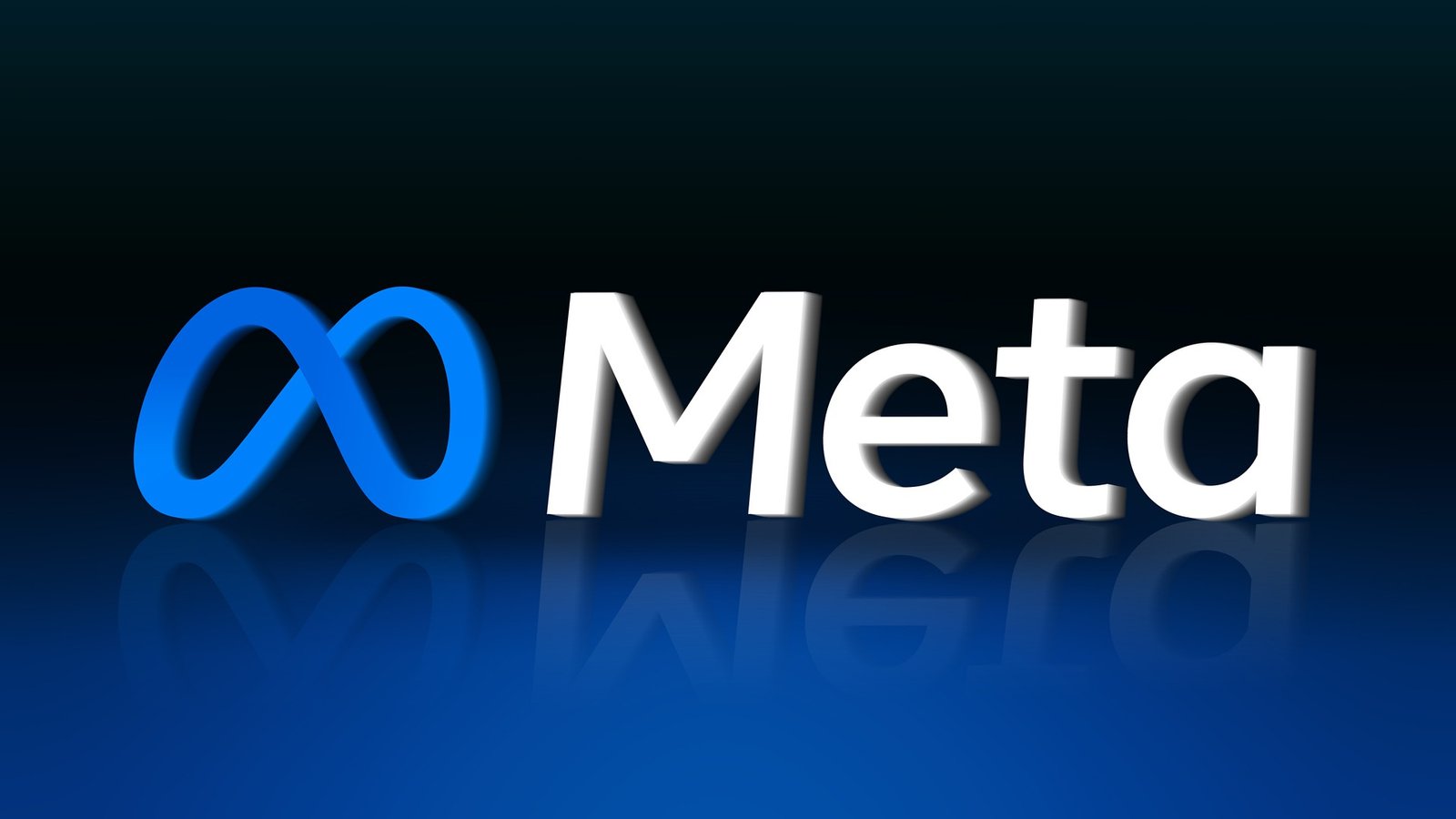Civil Society Organisations Express Concern over Disruption of Social Media Platforms
In recent months, civil society organisations have raised their voices in criticism of the continued disruption of social media platforms across the country. These disruptions have had a significant impact on freedom of expression, access to information, and the ability of citizens to engage in online discussions and activism.
Impact on Freedom of Expression
One of the key concerns raised by civil society organisations is the impact of these disruptions on freedom of expression. Social media platforms have become an essential tool for individuals to express their opinions, share information, and engage in public debate. By disrupting these platforms, citizens are effectively silenced and denied their right to freely express themselves.
Furthermore, these disruptions also limit the ability of civil society organisations to disseminate important information and engage with the public. Many organisations rely on social media platforms to raise awareness about their causes, mobilize supporters, and advocate for change. The disruption of these platforms severely hampers their ability to carry out their work effectively.
Access to Information
Another significant concern is the impact of these disruptions on access to information. Social media platforms have become a primary source of news and information for many people. By disrupting these platforms, individuals are deprived of a vital source of information, particularly in times of crisis or during important events.
Furthermore, the disruption of social media platforms also limits the ability of citizens to access information from civil society organisations and other non-governmental entities. These organisations often provide valuable insights, research, and analysis on various issues, and the disruption of social media platforms prevents citizens from accessing this information.
Impact on Online Activism
The disruption of social media platforms also has a significant impact on online activism. Many civil society organisations rely on these platforms to mobilize supporters, coordinate protests, and raise awareness about their causes. By disrupting these platforms, the government effectively hinders the ability of citizens to engage in online activism and express their dissent.
Moreover, the disruption of social media platforms also limits the ability of civil society organisations to engage with the public and build networks of support. These platforms provide a space for dialogue and collaboration, and their disruption hampers the ability of organisations to connect with like-minded individuals and work towards common goals.
Call for Action
Civil society organisations are calling on the government to address the issue of social media platform disruptions. They argue that these disruptions are a violation of the rights to freedom of expression and access to information, and they undermine the ability of civil society organisations to carry out their work effectively.
Furthermore, civil society organisations are also urging social media platforms to take steps to mitigate the impact of these disruptions. They argue that platforms should invest in robust infrastructure and technologies to prevent and address disruptions, and they should also work closely with civil society organisations to ensure that their platforms remain accessible and open.
In conclusion, the continued disruption of social media platforms across the country has raised concerns among civil society organisations. These disruptions have a significant impact on freedom of expression, access to information, and online activism. It is essential for the government and social media platforms to take action to address these concerns and ensure that citizens can exercise their rights and engage in meaningful online discussions and activism.













Hello, I have a question
Hello! What’s your question?